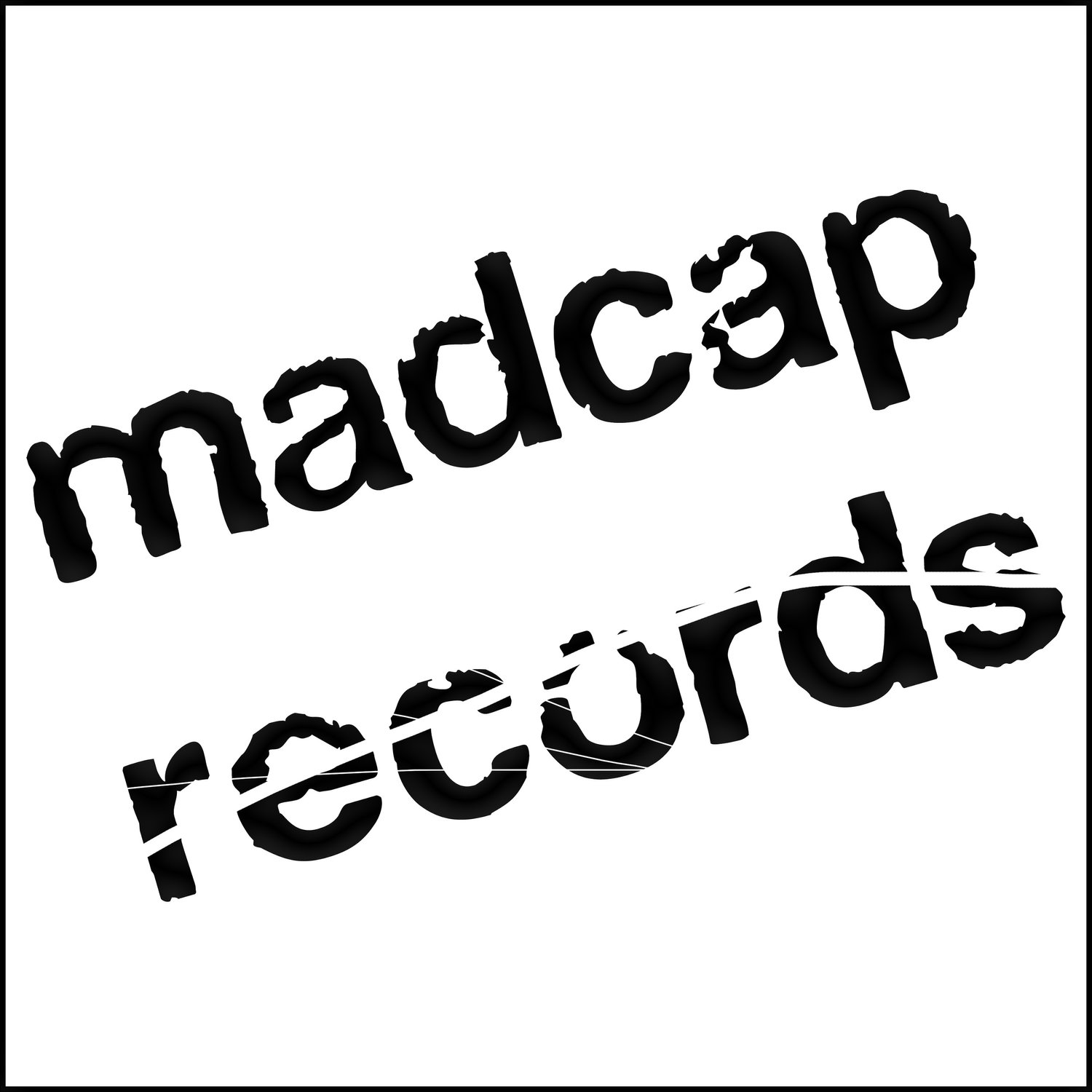The Secret Life of ISRC Numbers: Music's Own Social Security
Ever wondered how the digital world keeps track of the bazillion songs floating around? Enter the ISRC number, the music industry's answer to "Who are you, and why should I care?" It's the social security number for songs, the unique identifier that tells a track apart from its million other musical twins. But what is this mysterious code, and why does it feel like it should be whispered about in shadowy corners?
What's in a Name (Or a Number)?
An ISRC (International Standard Recording Code) is a 12-character alphanumeric code that's as unique to a song as your fingerprint is to you. Think of it as a barcode for music tracks; no two songs have the same ISRC (even covers and remixes get their own). This digital tag carries within it the track's country of origin, the registrant (usually the record label), the year of registration, and a unique identifier for the track. In a world where a song can be streamed, shared, and stolen in a blink, the ISRC is the digital sheriff in town.
A Brief Stroll Down Memory Lane
The concept of the ISRC was first proposed in the late 1970s, a time when disco was king and digital music was just a twinkle in the industry's eye. Fast forward to 1986, and the International Organization for Standardization (ISO) officially introduced the ISRC system. Why? Because as music began to shift from physical to digital formats, there was a growing need for a way to track and manage recordings efficiently. The ISRC became the global standard for identifying recorded music and music videos, essentially making it the librarian of the digital music world.
Why Should You Care?
For artists and record labels, the ISRC is as vital as air. It ensures that every stream, download, and play is accurately tracked and that royalties find their way back to the creators (because, let’s face it, exposure doesn’t pay the bills). For broadcasters and streaming platforms, it simplifies rights management and reporting. And for music pirates? Well, it makes their dubious job a tad harder.
Getting Your Own ISRC: A Rite of Passage
If you're an artist or label about to release music, getting an ISRC for your tracks is like getting a passport before an international trip. In most countries, you can obtain ISRCs through your national ISRC agency or directly from record labels and digital distribution platforms. The process is as straightforward as it gets in the music industry, which is to say, it's a bit like herding cats, but entirely doable.
The Bottom Line
The ISRC ensures artists get recognized (and paid) for their work, keeps music piracy at bay (somewhat), and generally keeps the digital music ecosystem from descending into chaos.
So, the next time you jam out to your favorite track, give a little nod to the humble ISRC number. It's working hard behind the scenes to make sure your music experience is as smooth as the intro to "Hotel California."
And there you have it, folks! The ISRC number, demystified. It’s not just a bunch of random letters and numbers but the backstage pass that every song needs to navigate the wild world of music distribution.

